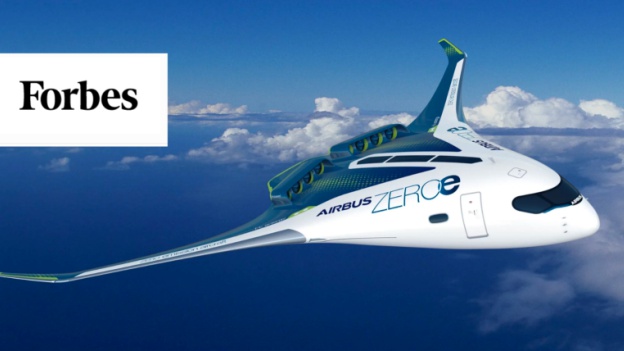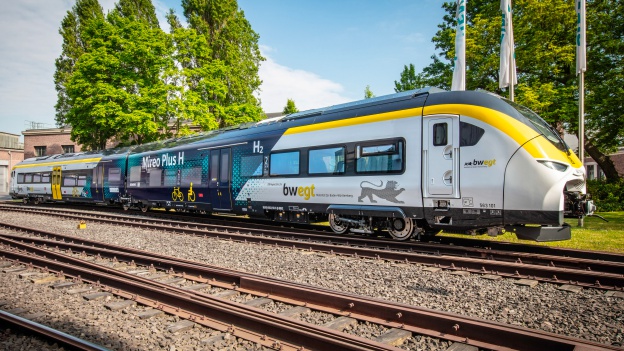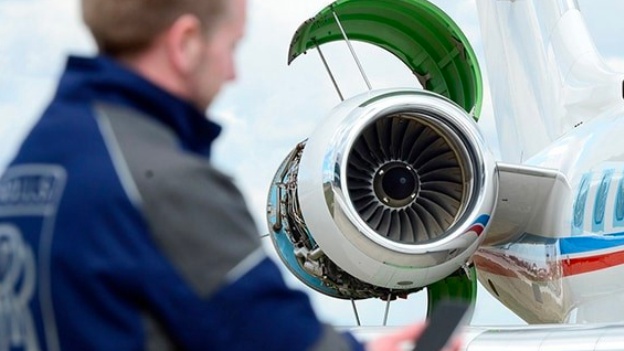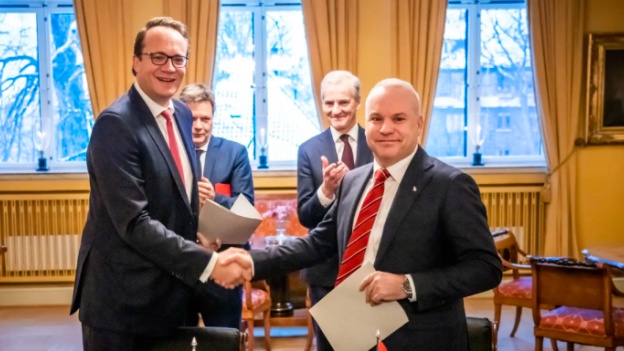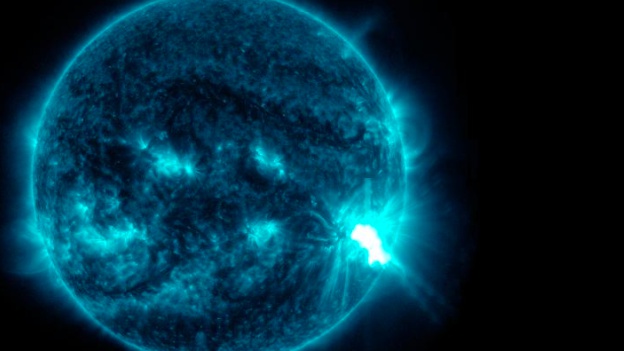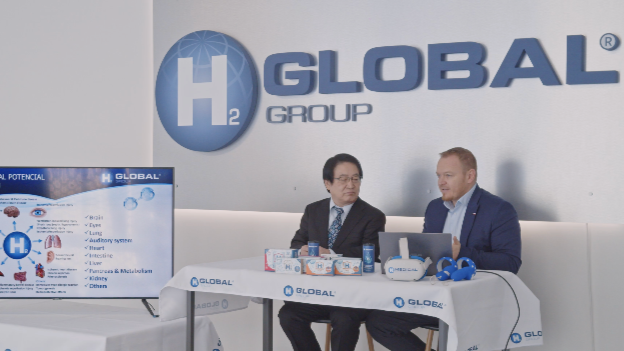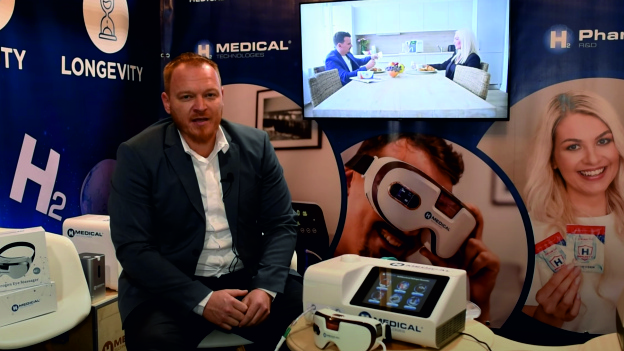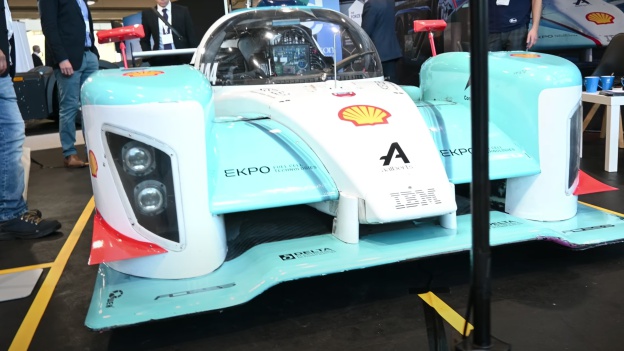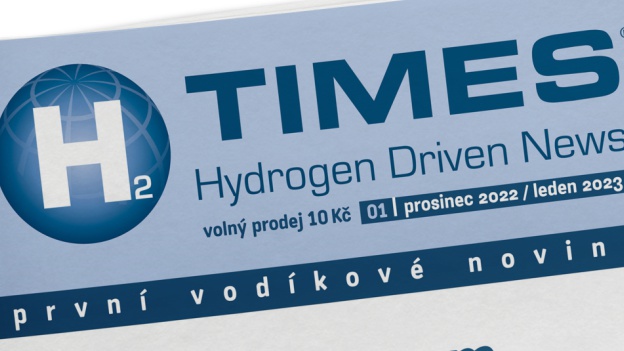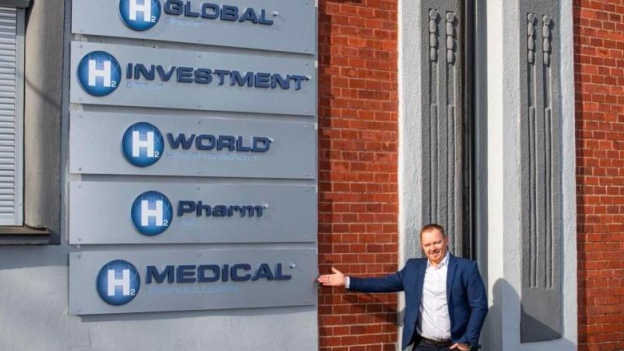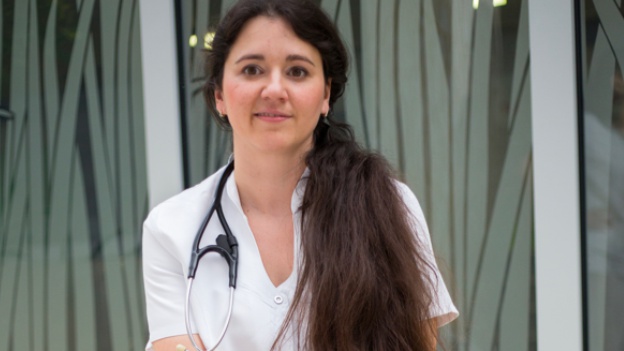The Central Bohemian Region has taken another important step towards the future launch of hydrogen buses in the vicinity of Mníšek pod Brdy. Representatives of the company Integrated Transport of the Central Bohemian Region signed a cooperation agreement with the future owner of ten buses. The electricity for the production of hydrogen for the vehicles will be generated by a hydroelectric power plant in Vrane nad Vltavou.
The preparation for the operation of hydrogen-powered buses in the vicinity of Mníšek pod Brdy has moved to the next stage. The Integrated Transport of the Central Bohemian Region has signed a cooperation agreement with the future owner of the buses, the carrier Martin Uher Bus. This follows an earlier memorandum and the recent approval of the regional council.
The future of public transport is emission-free and the Central Bohemian Region is already preparing for the transition from diesel buses. The pilot project is the deployment of 10 hydrogen buses in the vicinity of Mníšek pod Brdy. The region has now signed a cooperation agreement with the carrier Martin Uher Bus, effectively following up on the memorandum signed earlier and the approval of the agreement by the regional council. The contract was signed on behalf of the region by the Integrated Transport of the Central Bohemia Region (IDSK).
"It is now possible to launch the tender for the supplier of ten hydrogen-powered buses. We expect them to be deployed at the end of 2025 or in 2026, depending on how quickly the manufacturers will be able to deliver the new equipment," said Petr Borecký, councillor for public transport.
The hydrogen should be pumped directly at the headquarters of Martin Uher Bus in Mníšek pod Brdy. For this purpose, ČEZ will build a filling station there. It will then use electricity from the hydroelectric power plant in Vraný nad Vltavou for electrolysis. It will therefore be green hydrogen, originating from renewable sources.
Hilly terrain as a test for buses
"The purchase of the buses will cost an estimated CZK 242 million, most of the costs should be covered by EU subsidies. We have recently approved the financial model and the proposal to conclude a contract for public passenger transport services in the Prague Integrated Transport system in the regional council," Petr Borecký summarised, adding that the date of issuing the building permit for the filling station is not yet known.
Mníšek was chosen, among other things, because of its hilly terrain, which will be a test for loading hydrogen buses and verifying the real range in different seasons.
Increasing the proportion of zero-emission vehicles in public transport is mandated by an EU directive, with electric buses, hydrogen buses and trolleybuses considered zero-emission in bus transport. However, hydrogen propulsion is significantly more expensive compared to diesels, and the purchase price of buses is also higher. The disadvantage is the low energy efficiency as well as the necessary construction of filling stations and the lack of green hydrogen suppliers. On the other hand, the advantages are fast refuelling, high range, low noise and high fuel cell lifetime.
Source: Stredocesky kraj
Illustration: Prague City Hall












